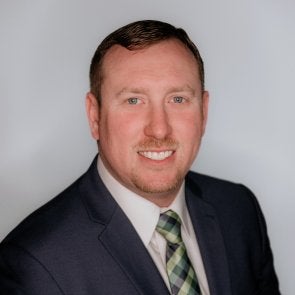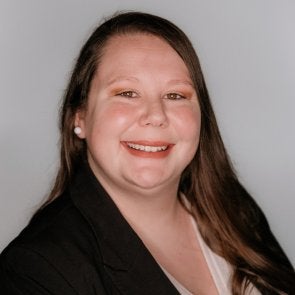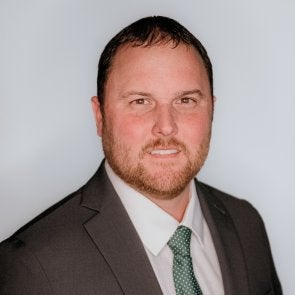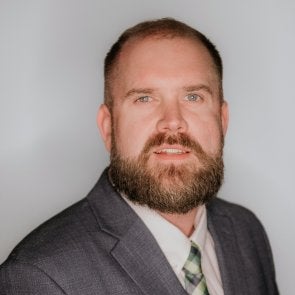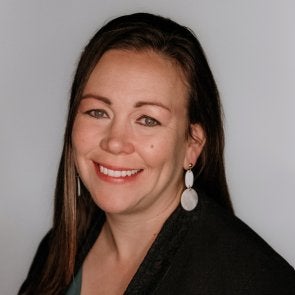Beyond Agriculture
Welcome to Beyond Agriculture! Listen to the podcast that takes you beyond the scope of ag and into the real life stories, conversations, and events taking place in our community.
Each show will highlight information from different aspects of rural living including: livestock, succession planning, agronomy, equipment purchasing, and much more.
New episodes are released every first and third Wednesday of the month. Find us and listen in your favorite podcast app.
Connect with Ag Credit:
